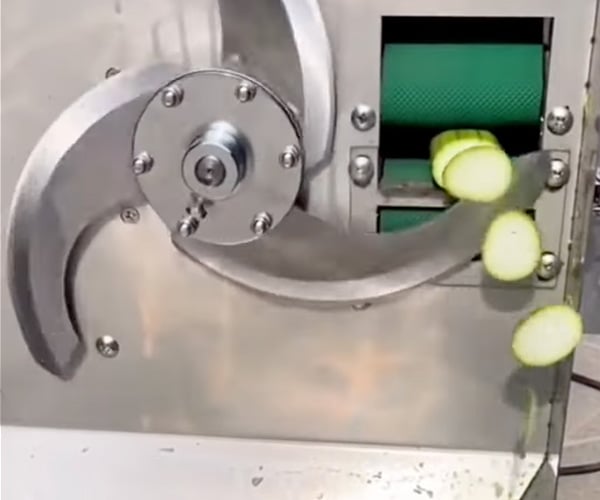https://i0.wp.com/joshuaotwell.com/wp-content/uploads/2022/07/decision-g4a5740941_640.jpg?w=640&ssl=1
Just as you want to filter the rows of data returned in a SELECT query with the equality comparison operator (=), you can also create a conditional filter to test if 2 values are not equal to one another. Learn more in the following article.
The Newsletter for PHP and MySQL Developers
Receive a copy of my ebook, “10 MySQL Tips For Everyone”, absolutely free when you subscribe to the OpenLampTech newsletter.
In MySQL, there are 2 ‘not equal to’ comparison operators available:
 Get your brand, product, or service the attention it needs with affordable classified ad placement in the OpenLampTech newsletter. Thank you for your support!
Get your brand, product, or service the attention it needs with affordable classified ad placement in the OpenLampTech newsletter. Thank you for your support!
Even though both of these comparison operators mean the same thing and work exactly the same, I will use the <> operator as it is supported by the SQL Standard and is used in other SQL dialects as well.
Typically, the inequality conditional comparison filter will look like this:
some_column <> some_value
Similar Reading
Enjoy any of these MySQL beginner-friendly articles:
Like what you have read? See anything incorrect? Please comment below and thank you for reading!!!
A Call To Action!
Thank you for taking the time to read this post. I truly hope you discovered something interesting and enlightening. Please share your findings here, with someone else you know who would get the same value out of it as well.
Visit the Portfolio-Projects page to see blog posts/technical writing I have completed for clients.
To receive email notifications (Never Spam) from this blog (“Digital Owl’s Prose”) for the latest blog posts as they are published, please subscribe (of your own volition) by clicking the ‘Click To Subscribe!’ button in the sidebar on the homepage! (Feel free at any time to review the Digital Owl’s Prose Privacy Policy Page for any questions you may have about: email updates, opt-in, opt-out, contact forms, etc…)
Be sure and visit the “Best Of” page for a collection of my best blog posts.
Josh Otwell has a passion to study and grow as a SQL Developer and blogger. Other favorite activities find him with his nose buried in a good book, article, or the Linux command line. Among those, he shares a love of tabletop RPG games, reading fantasy novels, and spending time with his wife and two daughters.
Disclaimer: The examples presented in this post are hypothetical ideas of how to achieve similar types of results. They are not the utmost best solution(s). The majority, if not all, of the examples provided, are performed on a personal development/learning workstation environment and should not be considered production quality or ready. Your particular goals and needs may vary. Use those practices that best benefit your needs and goals. Opinions are my own.
How can I help you?
Disclosure: Some of the services and product links in this post are affiliate links. At no additional cost to you, should you make a purchase by clicking through one of them, I will receive a commission.
The Newsletter for PHP and MySQL Developers
Receive a copy of my ebook, “10 MySQL Tips For Everyone”, absolutely free when you subscribe to the OpenLampTech newsletter.
 Get your brand, product, or service the attention it needs with affordable classified ad placement in the OpenLampTech newsletter. Thank you for your support!
Get your brand, product, or service the attention it needs with affordable classified ad placement in the OpenLampTech newsletter. Thank you for your support!
The post MySQL WHERE Clause Inequality Comparison Operators appeared first on Digital Owl’s Prose.
Planet MySQL




 Get your brand, product, or service the attention it needs
Get your brand, product, or service the attention it needs 


